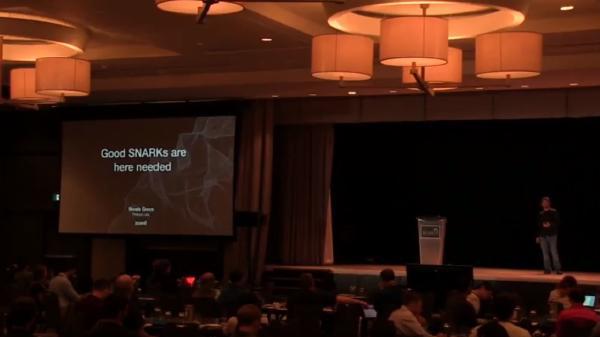Nicola is working to re-decentralize the web. He is a researcher at Protocol Labs, a PhD student (on leave) at MIT advised by Tim Berners-Lee, and friend at Berkman Center. He writes and advances research on ways to re-decentralize the web, focusing on technical, political, and social aspects of decentralized systems.



